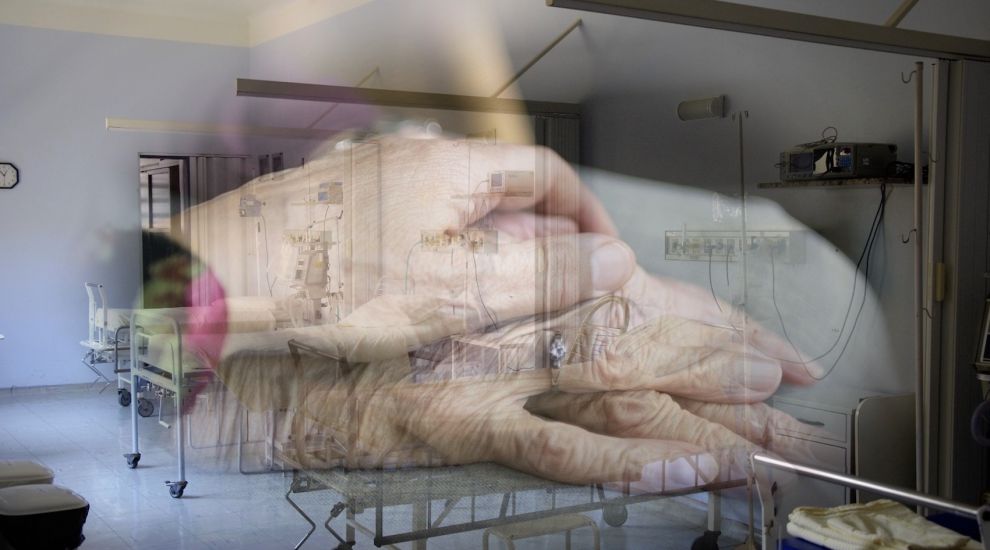


As the assisted dying conversation emerges on our shores, I feel it’s imperative we address the dangers of getting it wrong.
Like all things in life, a balance must be struck and there will be circumstances such as terminal illness where delivering dignity in one’s death should be respected and seen as a moral and humane action.

Pictured: "The world can be bleak when you believe you hold no value to contribute to it."
However, the danger of this conversation morphing into what can only be defined as state-sanctioned suicide remains.
The world can be bleak when you believe you hold no value to contribute to it.
This is a reality that is often faced by a number of young people in our society who for years after leaving the educational system have no direction nor self-esteem to lift themselves up.
The seduction of the end absent shame and absent responsibility will surely attract interest from those who experience mental anguish and lack of belonging. Voluntary assisted dying absent terminal illness opens a door to death of potential and death resilience.
Imagine a world where the following cases are considered “assisted dying”:
Now remind yourself that all of the above are real-life cases performed within Europe in the last ten years.
Lessons must be learned from our friends in Europe that has gotten this woefully wrong and crossed into the dreaded realms of state-sanctioned suicide in the most reprehensible of ways.

Pictured: In Oregon, a doctor must inform the patient of alternatives, such as palliative care, hospice and pain management options.
Although countries within Europe that have legalized assisted appear to be a lost cause, the trains of thought on this across the pond in Oregon are far more measured and conducive to the relief of suffering rather than reaping of souls.
In Oregon, the terminally ill person must be able to take the life-ending medication themselves. They can only get the medication after meeting the legal safeguards.
The terminally ill person must:
and:
Also:
Sir Winston Churchill famously said “I don’t like standing near the edge of a platform when an express train is passing through. I like to stand back and, if possible, get a pillar between me and the train. I don’t like to stand by the side of a ship and look down into the water. A second’s action would end everything. A few drops of desperation."
Regardless of your views on Churchill, his value to our every waking day is undeniable and immeasurable, to exist In a society that sanctions suicide will surely be our darkest hour.
Comments
Comments on this story express the views of the commentator only, not Bailiwick Publishing. We are unable to guarantee the accuracy of any of those comments.